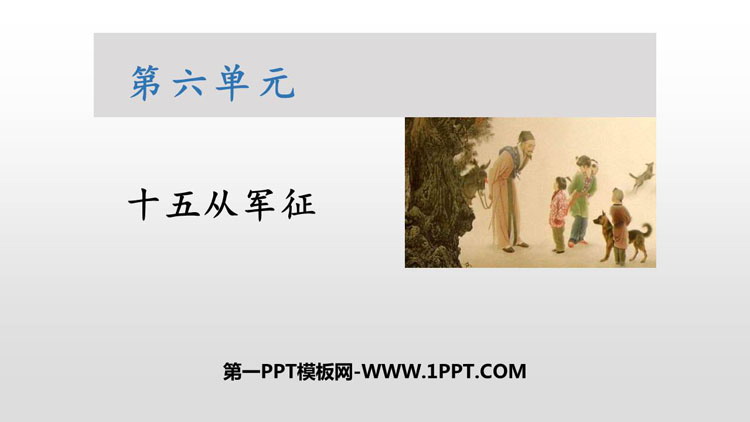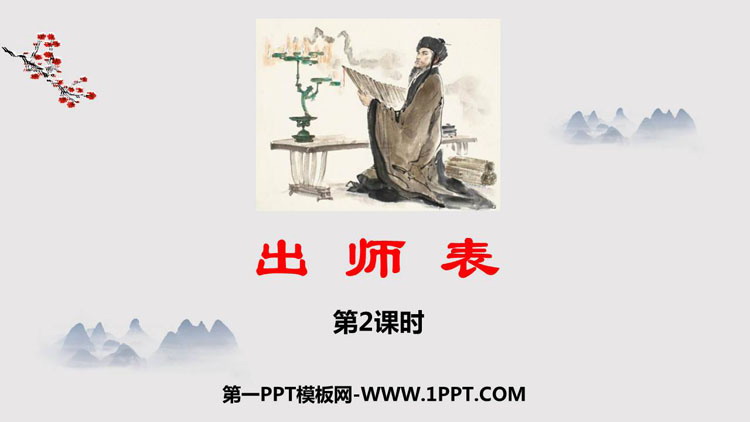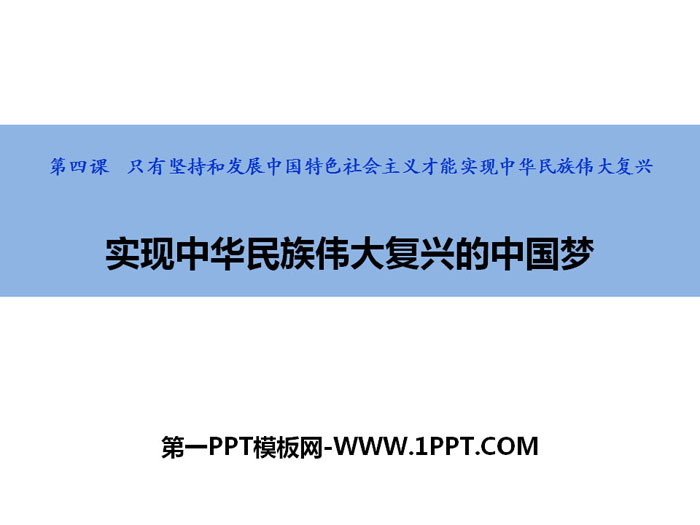建党节作文 建党节作文700字:关于建党节的作文
1st July will be the 87th anniversary of the founding of the Communist Party of China (CPC) , now let's have a general idea of the CPC's Governing Concept And Its Evolution and how the Party's governing concept has been evolving in the different historic periods
What was the major task for the CPC immediately after its founding?
Zhang Rongchen: The founding of the CPC in July 1921 was directly influenced by the October Revolution in Russia in 1917. However, the CPC was founded for the specific needs of the Chinese revolutionary situation.
After the First Opium War in 1840, China was gradually reduced to a semi-colonial and semi-feudal country. Then Chinese people faced two historic tasks of pursuing national independence and liberation and building a strong country with well-off people. The fulfillment of these two historical tasks had to start with a thorough anti-imperialism and anti-feudalism revolution.
The people demanded the founding of a Party led by the working class to guide a Chinese anti-imperialism and anti-feudalism revolution. The democratic revolution after the founding of the CPC fulfilled these anti-imperialism and anti-feudalism tasks and achieved national independence and liberation. This meant that the governing status of the CPC was historically inevitable and in line with the interests and demands of the public.
What was the principle and governing concept of the CPC after the founding of the People's Republic of China in 1949?
Since the first day of its founding the CPC has taken "serving the people wholeheartedly" as its principle, which has been written into the Party Constitution. In 1944, Mao Zedong made a speech entitled "Serving the People Wholeheartedly," in which he said, "Our Communist Party and the Eighth Route and New Fourth Armies led by our Party are battalions of the revolution. These battalions of ours are wholly dedicated to the liberation of the people and work entirely in the people's interests." This is not only the guiding principle for the army but also the CPC's guiding principle.
With the founding of the People's Republic of China on October 1, 1949, the Party's principle of serving the people has become its governing principle.
The Second Plenary Session of the Seventh CPC Central Committee convened in March 1949 passed new regulations, forbidding birthday celebrations for CPC leaders, discouraging proposing toasts and giving applause to Party leaders, forbidding naming places, streets or enterprises after Party leaders and forbidding ranking any Party leader with Karl Marx, Friedrich Engels, Vladimir Lenin and Joseph Stalin.
When the conference decided to move the headquarters of the CPC Central Committee from Xibaipo in Hebei Province to Beijing, Mao made the famous remarks, "We are going to the capital city for an examination. I hope we can all pass it, and not make the same mistake as Li Zicheng." (Li led a peasant uprising during the late Ming Dynasty (1368-1644). In 1644 his army captured Beijing, and the last Ming Emperor was compelled to hang himself in shame. However, due to Li's corrupt ways, his victory was short lived.) Mao's remark was calling on the whole Party to remain modest, prudent and free from arrogance and rashness in its style of work and to preserve the style of plain living and hard work.
What were the characteristics of the Party, in terms of the tasks it undertook and its theoretical development, directly after it initiated the reform and opening-up policy?
The chaotic Cultural Revolution (1966-76) caused stagnation of China's socialist development. The harmful repercussions included piles of wronged and misjudged cases, destroyed Party and government organizations, paralyzed economic construction and strained foreign relationships. At the turning point of the Party's development and the country's development, the CPC, led by Deng Xiaoping, decided to blaze a new trail by acknowledging its mistakes and confirming its achievements.
扫描二维码推送至手机访问。
版权声明:本文由第一范文|第一PPT|免费作文|免费PPT课件下载发布,如需转载请注明出处。










